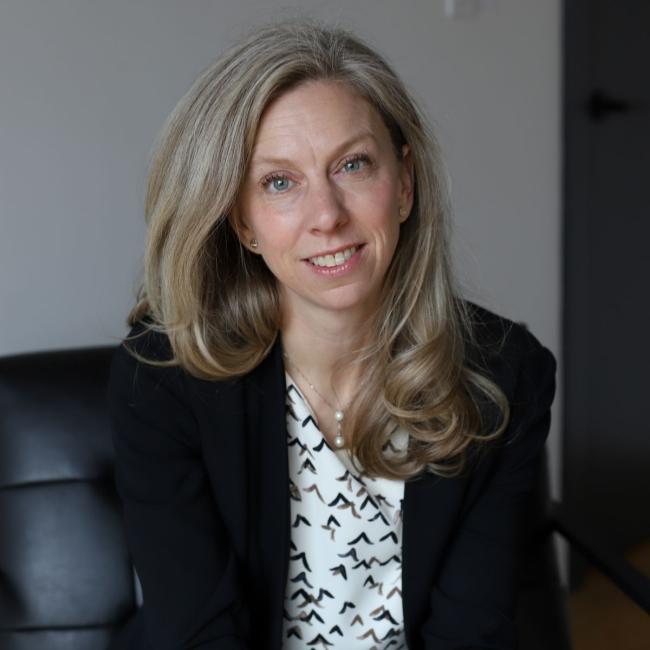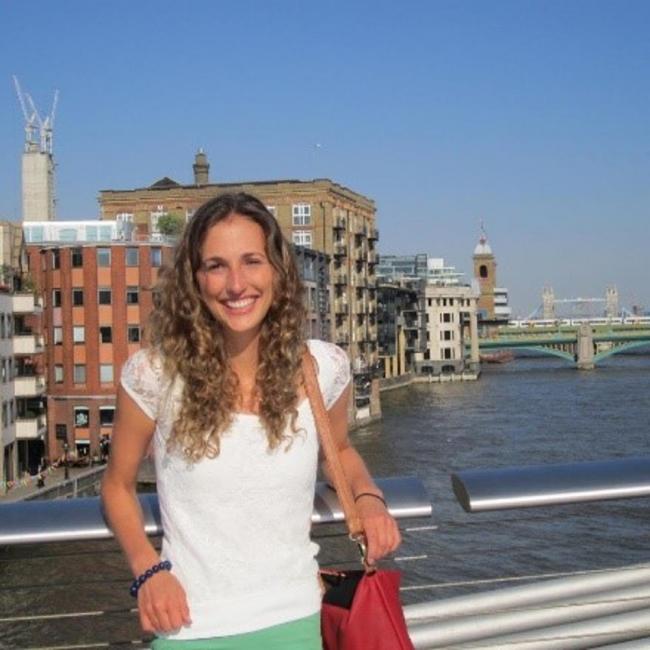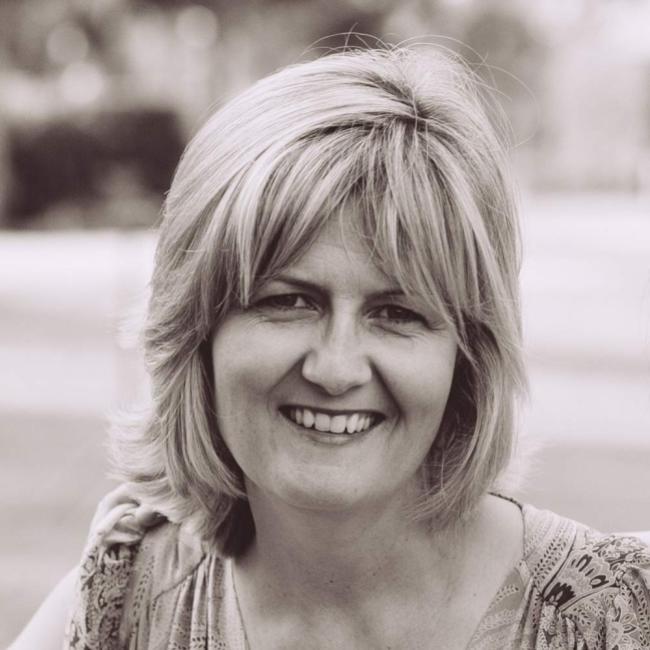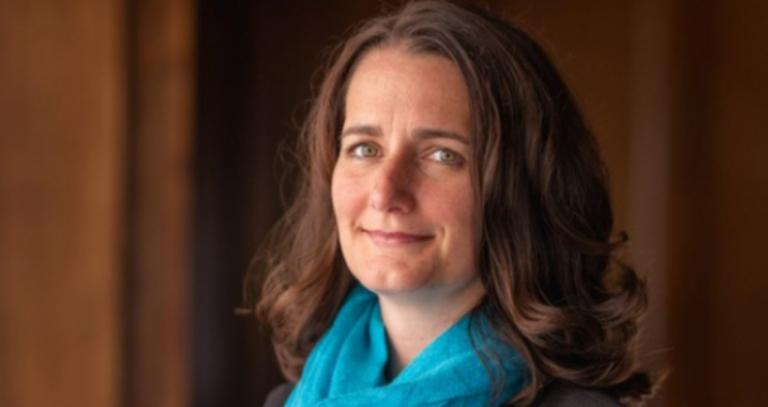Deepen your understanding of child and youth wellbeing through multicultural policy and programming perspectives. Learn through experience and analysis to make positive change in children's lives.
Upcoming offerings
April 21, 2025
Application deadline ℹ
Delivery model
Domestic tuition
International tuition
April 27, 2026
Application deadline ℹ
Delivery model
Domestic tuition
International tuition
Related Schedules
Request more information
Program description
You're a passionate advocate for child protection, child and family welfare, and children’s rights in a variety of fields. You bring experience in working with children and youth at a professional or policy level. You want to engage in work that focuses on interventions that impact the lived realities of children and youth locally and internationally.
The Graduate Certificate in Transforming Child Protection to Wellbeing helps you to critically reflect on and build an understanding of what's needed to work in partnership with communities to transform practices from their current state to a more holistic and effective approach to child and youth wellbeing.
In this program, you'll work cross-culturally, learning to support children and youth to thrive in various contexts, in Canada and globally.
You'll examine professional and regulatory systems, learning about how change can be made on a systemic level. You'll also look at, and work with, the informal systems that affect child wellbeing at a community level.
In doing so, you'll expand your understanding beyond ethnocentric models or solutions for child protection, child rights, and child wellbeing. You'll develop an analysis of a need for reform in the current child protection and child and family welfare/wellbeing systems.
By addressing the complex interrelationships between individuals, cultures, and systems around child wellbeing, you'll gain the ability to address the questions of what it means to be a child — and to thrive — in various contexts. By bringing children's voices into policy and programming initiatives, you'll have the ability to impact regulatory and community change to make a positive difference in children's lives.
This program was developed in collaboration with two prominent international organizations in child rights, child protection, and wellbeing. The International Institute for Child Rights and Development's input helps bring a participatory methodology to your learning. Input from Child Frontiers provides the perspective of working with development and humanitarian agencies and working at the policy level with local and national governments.
You can build from here
You may be able to transfer your credits from this graduate certificate to a two-year Master's level degree at Royal Roads. Depending on the MA you choose, you may receive the Master's level degree instead of the certificate.
From the Field
- Phoenix Consultation - Over 200 young environmental advocates from Canada, Mexico and USA came together to produce 5 key recommendations for policy-makers on children's right to a healthy environment. Read the full report
- REVIS Project - Responding to Violence against children in Schools and Adjacent Settings - Special Edition from Child Protection Hub
- Shifting Norms around Violence in Schools: A Guide for Trainers and Facilitators Working with Children and Young People. Learn more
Program delivery
This program is delivered through online learning, with the option of a blended delivery residency course.
The Graduate Certificate in Transforming Child Protection to Wellbeing is delivered online over nine months.
Beginning in 2022, an on-site residency during the final course may be possible. Beginning in 2023, if demand warrants, a field school residency option will be held with our partner organizations in Thailand or Nigeria.
Online learning
Online courses consist of assigned readings, synchronous or asynchronous lectures, interactive discussions, and individual and team assignments.
You’re expected to meet deadlines and contribute meaningfully to your class. Your contributions are a big part of everyone’s learning.
You’ll take one online course at a time for a period of nine weeks, followed by a two-week break. Each online course requires approximately 20 hours of work per week.
You'll start your program with two non-credit, but required, courses. One introduces you to the online platform and one is about academic integrity.
Residency
Residencies are intensive and immersive. Many students say this time together is the highlight of their program.
During your residency, you can expect to:
- attend classes full time (e.g., Monday to Friday from 8 a.m. to 5 p.m.)
- complete homework and individual and team assignments outside of class hours
- take part in extracurricular activities
Courses
Faculty

Associate faculty

Associate faculty

Associate faculty

Associate faculty

Associate faculty

Associate professor
Transfer agreements
Refine results
Standard admission
- Completion of a four-year (or comparable) undergraduate degree from a recognized post-secondary institution, with a minimum GPA of 'B+' (3.33/4.33).
- At least two years of relevant work in some capacity with children, preferably at the leadership or management level
- A personal statement addressing how you consider your academic education to be relevant and related
Flexible admission
If you don't meet the standard admission requirements, you can be considered for flexible admission to this program under the following circumstances:
- If you meet the degree requirement, but not the GPA requirement, you will be required to have a minimum five years of relevant professional experience.
- If you don't have an undergraduate degree you will normally require 10 years of work experience, with a minimum of two years of relevant professional experience in a leadership or management position, or an equivalent combination of education and experience.
- You will need to explain in your personal statement how your work experience meets these requirements.
You will also be required to take Academic Writing and Critical Thinking and obtain a minimum B+ (77%). This course must be completed several weeks before your program begins.
English language proficiency
If English is not your primary language, review our English language requirements.
Additional recommendations
Experience in a leadership or management position is considered on the basis of a holistic review of career progression, which demonstrates increasing competency and/or responsibility. It can include, but is not limited to, supervisory functions, signing responsibilities, contributions to organizational change and/or implementation of organizational vision and mission.
Your online application form should be supported by official transcripts, a personal statement, two reference letters from people who know you professionally or academically, and a detailed resume.
Application form
To apply online, you need to:
- create a log-in account using your email address
- list all credit courses and/or programs you have completed or are currently enrolled in
- pay an application fee
If your application fees are being paid by a third party, review sponsored student information.
You may check the status of your application at any time after it's submitted.
Missed your application deadline? While we can’t make any guarantees, we may be able to accommodate late applications if there's still space and enough time to process. If you're interested in an intake that is now closed to applications, apply for the next available intake and email Admissions with your preferred start date. Make sure you’re prepared to submit your program's required documents right away. We can't make an admissions decision without them.
Official transcripts
Applicants are responsible for submitting official transcripts from current and previous post-secondary (higher education) institutions. The transcripts should cover credit courses and programs.
Transcripts are considered official only if they are submitted to us in the following way:
- sent to Royal Roads directly by the registrar or recognized authority of the providing institution
- sealed in the institution's original, unopened envelope (If the envelope has been opened, the transcript is no longer official, and we will require a new official transcript to complete your application.)
International transcripts and credentials will be evaluated to determine the Canadian equivalency.
Personal statement
Your personal statement explains why you believe this program will change your life.
The statement's purpose is to assess your writing skills, as well as your interest and ability to complete the program. Your personal statement should be written in three to four pages.
It must address each of the following questions using each question as a separate heading:
- Why do you wish to enroll in the Graduate Certificate in Transforming Child Protection to Wellbeing program?
- What academic courses and/or training have you done in the area of child protection and wellbeing?
- What work experience have you had in the area of child protection and wellbeing?
- What overseas experience do you bring to the program?
- How is this program relevant to your career goals?
- What experience have you had with distance education and self-directed study?
- What special strengths do you bring to the program?
Reference letters
Provide two reference letters:
- one work-related reference
- one reference related to academic performance or community service
The format and length of the reference letter can vary. Referees should always indicate:
- the context in which they know you
- reasons why they feel you are a suitable candidate for the Graduate Certificate in Transforming Child Protection to Wellbeing program
- their assessment of your ability to complete graduate-level writing and research
- how they feel the program will benefit you
- their understanding of your personal attributes and your ability to model appropriate behavior in the field
In the case of a work-related reference, the letter should also:
- attest to your performance in the context of current or previous employment
- address your work in the field of child protection and wellbeing
- assess your leadership potential
Résumé
Your resume must include the following:
- Education - List all post-secondary education, degrees, diplomas, and certificates you have achieved.
- Training and professional development in the area of child protection and wellbeing - List career-related training and professional development programs completed within the past five years. Include the source of training, and the duration and year completed. List other training and personal development programs not already identified.
- Volunteer or unpaid work experience - List and describe any volunteer or unpaid post-secondary employment or community service experience. Include the position, name of organization, length of service, and a brief description of duties. Highlight experience related to child protection and wellbeing.
- Work experience - Include the organization, position, length of service (month and year), and a brief description of duties. Highlight experience related to child protection and wellbeing.
- Professional memberships and affiliations - List current or past memberships and positions held in professional associations, service clubs, or community organizations.
- Other relevant information - Provide any other information which you believe is relevant to your application and will help the review committee make a decision.
If applicable
Applicants declaring permanent resident or Convention Refugee status in Canada must submit a copy of their Permanent Resident Card (PR card) along with their application.
You may also need to submit:
- Transcript evaluation fee or credential evaluation report, if submitting international transcripts.
- An official English language proficiency score report or other evidence of proficiency if English is not your primary language.
- Other information or documents may be requested to determine your eligibility.
For information on how and where to send your supporting documents, refer to the document submission guidelines.


